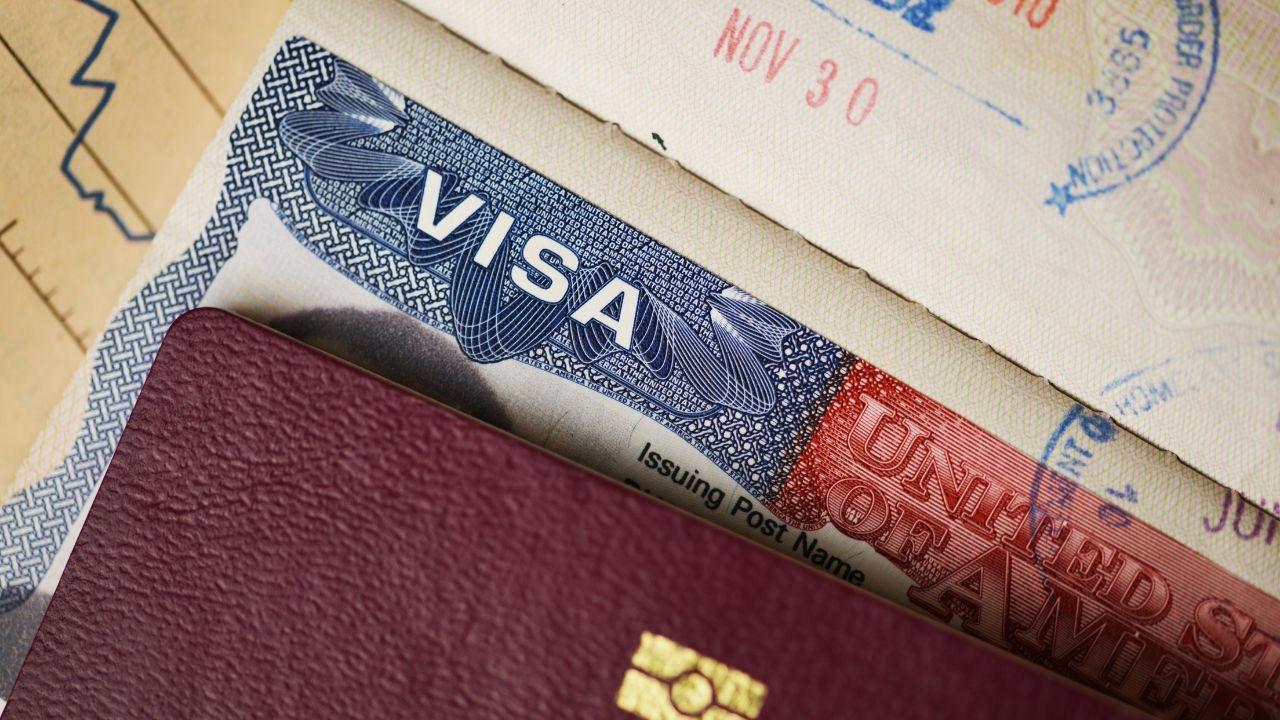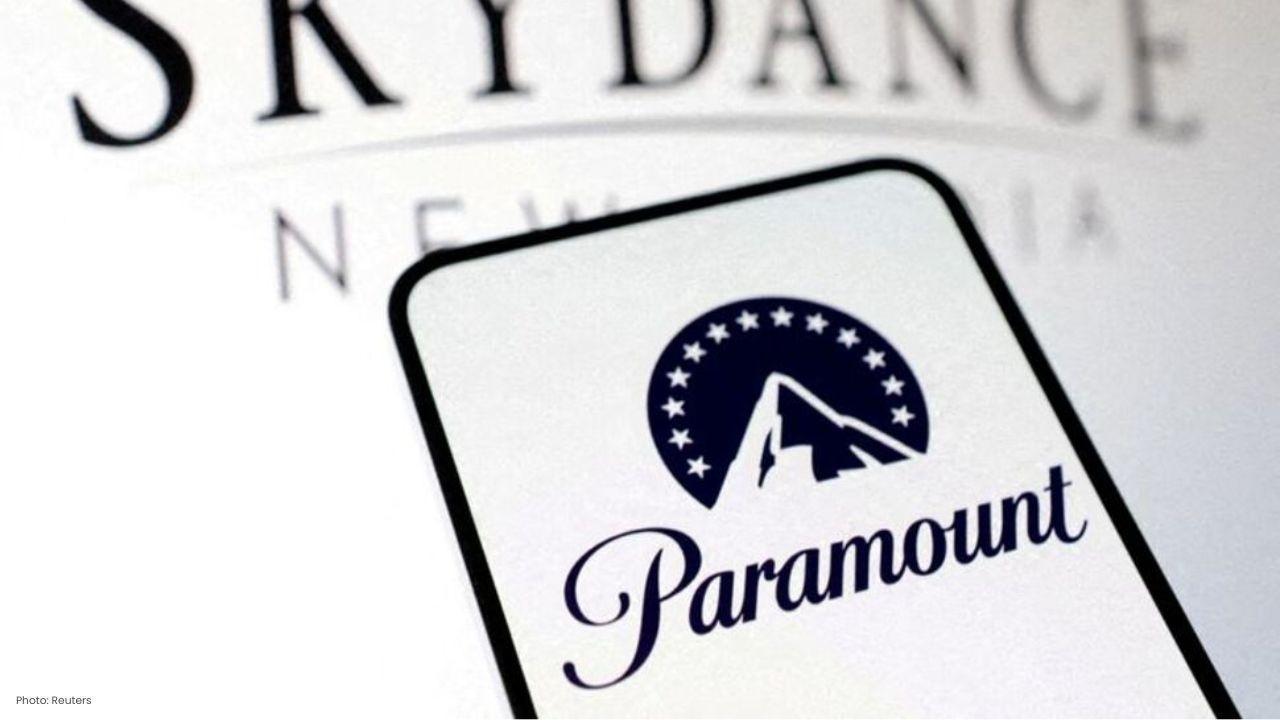
Join 10k+ people to get notified about new posts, news and tips.
Do not worry we don't spam!

Post by : Samjeet Ariff
Disclaimer:
This piece serves as a guide. Travel rules and requirements evolve rapidly—always confirm with your airline, embassy, or travel agent prior to making arrangements.
Traveling abroad involves more than packing; it necessitates careful planning and organization. The 30 days leading up to your flight are vital for ensuring all necessary preparations and documentation are addressed. This phase can profoundly influence your travel experience, transforming potential stress into ease.
Here’s an all-encompassing 30-day international travel checklist, focusing on visas, insurance, finances, and digital safety—so you can embark on your journey smoothly.
Before finalizing travel deals, check your passport's expiration. Generally, a passport must be valid for at least six months post-return.
If nearing expiration, initiate the renewal process—standard wait times can be lengthy.
Don’t forget to confirm visa prerequisites for your destination.
Some nations permit visa-free entry,
Others allow visa on arrival,
Some demand pre-approved visas with specific documentation.
Initiate your visa application early for popular locales like the USA, UK, Canada, or Schengen Zone countries as approvals can be time-consuming.
Even if tickets are purchased, reverify your itinerary:
Validate flight dates, terminal, and times.
Check baggage limits (international flights often differ).
Retain digital or printed copies of your tickets and hotel confirmations.
If visiting multiple cities, ensure internal travel connections and that all names on bookings match your passport precisely.
Travel insurance is non-negotiable. Your policy should encompass:
Medical coverage (recommended minimum of $50,000 for most regions)
Trip cancellation and interruption protection
Loss or delay of baggage coverage
Emergency evacuation
Be mindful of policy exclusions, especially if engaging in adventurous activities or visiting multiple locations.
Some destinations mandate vaccinations or health certificates (e.g., Yellow Fever, Polio, or COVID-19). Refer to official health advisories or consult your physician for:
Required vaccinations
Recommended boosters
Prescriptions for ongoing medications
When traveling to areas at risk for malaria or dengue, inquire about preventive measures. Always carry a basic health kit containing pain relief, bandages, antiseptics, and digestive aids.
Prepare physical and digital copies of essential documents:
Passport and visa
Flight tickets
Hotel reservations
Travel insurance policy
Vaccination documents
Driver's license or International Driving Permit (when renting a vehicle)
Store copies in separate locations and upload digital files to a secure cloud storage. Quick access can save significant time in emergencies.
Thirty days prior is the ideal time to review your travel budget and set up financial access abroad.
Notify your bank and credit card providers of your travel dates to prevent transaction blocks.
Investigate ATM access and currency conversion rates at your destination.
Carry a balanced mix of cash and cards, preferably in widely accepted currencies like USD or EUR.
If visiting various nations, contemplate multi-currency wallets or travel cards for reduced exchange fees.
With evolving regulations, grasp the entry, exit, and transit rules thoroughly.
Determine necessity for a transit visa for layovers.
Verify customs allowances for items like medication, electronics, or food.
Familiarize with arrival card requirements and airport rules at your destination.
Pro tip: Bookmark your country’s official travel advisory site for real-time information.
This timeline is perfect for solidifying your lodging and transport arrangements.
Reconfirm hotel or Airbnb reservations, and be aware of cancellation policies.
Book airport transfers or local transport beforehand to avoid higher costs.
For car rentals, investigate driving laws (some locations necessitate an International Driving Permit).
Assess neighborhood safety and proximity to key transit points prior to finalizing lodging.
Prior to departing, ensure your devices are backed up and online accounts are secured.
Enable two-factor authentication (2FA) for crucial applications.
Refrain from accessing banking or personal accounts via public Wi-Fi networks abroad.
Consider utilizing a VPN for secure browsing.
Document essential emergency contacts like local embassies, airlines, and insurance numbers.
Recognizing distinct cultural customs, laws, and taboos of your destination can prevent inadvertent errors.
Investigate local dress norms, greetings, and rules regarding public behavior.
Be aware of regulations around importing medication, public photography, or drone operation.
Learn several key phrases in the local language—a sign of appreciation that can assist in emergencies.
Before you head out:
Notify neighbors or friends to manage mail or check on your home.
Unplug electronics and ensure automated bill payments are set up.
Arrange for pet or plant care as needed.
A well-prepared home allows you to travel without worries about what’s left behind.
Start preparing your packing list long before departure.
Include season-appropriate attire, adapters, and travel-sized toiletries.
Weigh your luggage to prevent excess baggage charges.
Keep valuables and important documents in your carry-on.
If traveling for an extended period, consider acquiring compression bags and a portable charger.
Download and set up crucial travel apps:
Apps for airlines and accommodations for check-ins and updates
Currency converters
Google Maps (offline mode)
Language translation applications
Transportation or ride-hailing apps relevant to your destination
Download offline documents and maps for instances of poor connectivity.
Investigate climate details for your travel time, particularly during monsoon, winter, or peak summer.
Adjust your packing list (e.g., umbrellas, sunscreen, warm clothing).
Confirm the validity of outdoor bookings for the anticipated season.
Awareness of climate conditions assists in preparing effectively and avoiding inconveniences.
Safety is paramount.
Register your trip with your embassy’s travel portal (if applicable).
Take note of emergency contact numbers (police, ambulance, and embassy).
Share your itinerary and contact information with a reliable family member.
Thirty days prior to your international travel is an ideal timeframe for planning and preparing to circumvent last-minute issues. From ensuring your documentation, health, and financial arrangements are completed, to securing insurance and safety protocols, following these steps will contribute to a flawless, enjoyable journey.
Whether your travels are for leisure, work, or education—detailed preparation is your best source of peace of mind.










Paramount+ to Stream PBR’s 'Unleash the Beast' in New Five-Year Deal
Paramount+ will stream PBR’s 'Unleash the Beast' across the U.S. starting this December under a five

Zohran Mamdani Clinches NYC Mayoral Seat as Victory Speech Blends Politics and Bollywood
Zohran Mamdani won New York City's mayoral race, becoming the city's first Muslim and South Asian ma

India Wins First Women’s World Cup 2025 Title
India lifts its maiden Women’s World Cup 2025 title! Harmanpreet Kaur’s team stuns South Africa in a

Manuel Frederick, 1972 Olympic Bronze Goalkeeper, Dies at 78
Manuel Frederick, a member of India’s 1972 Olympic bronze hockey team, has died in Bengaluru at 78 a

Muhammad Hamza Raja Wins IFBB Pro Card Puts Pakistan & UAE on Global Stage
Pakistani bodybuilder Muhammad Hamza Raja earns IFBB Pro Card in Czech Republic, showcasing Dubai’s

Shreyas Iyer’s Recovery Underway After Spleen Laceration in Sydney ODI
Shreyas Iyer is recovering after a spleen laceration sustained while taking a catch in the Sydney OD